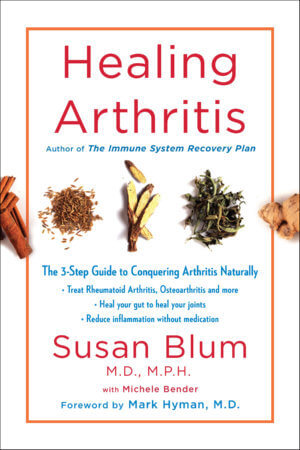
We all know the stress of a busy, adult lifestyle – a delicate balancing act of work pressures, financial obligations, significant others, friends and family. Just the day-to-day running of your life can feel like a pressure cooker – managing a home, caring for kids or parents (or both), meeting obligations and running errands are all identifiable forms of stress.
You may have taken steps to mitigate these stressors through meditation, exercise, eating well, setting boundaries or scheduling self-care. Awesome!But, did you know that you might be undermining your efforts, and causing stress in your body, without realizing it?
Stress vs. Chronic Stress
Stress elevates cortisol and adrenaline, hormones responsible for “fight or flight” in what your body perceives as an emergency — something as serious as jumping out the way of a careening car, or something as nerve-wracking as public speaking. Once the event is over, our cortisol and adrenaline levels return to normal. This is a healthy stress response.
Chronic stress, however, creates havoc in the body. Cortisol levels, which spike during a stress-inducing event, remain elevated. As Susan Blum, MD, discusses in her book, The Immune System Recovery Plan, this increased baseline can damage the immune system and prevent it from healing. Ultimately, chronic stress can have a negative effect on the levels of good bacteria in the gut, reducing the ability of the immune system to fight infection and puts us at risk for autoimmune disease.
3 Hidden Triggers that Create Chronic Stress
- Over-exercising – While exercise, in general, is a great way to relieve stress, overdoing it can cause a host of problems that we don’t necessarily attribute to exercise. Intense exercise increases cortisol, the hormone that is released when your body is under stress. So if you participate in daily high-intensity workouts you may be getting too much of a good thing. Chronically elevated cortisol is related digestive issues, weight gain, and even depression. Further, over-exercising can have a detrimental effect on the immune system, making you more vulnerable to illness, and triggering flare-ups of underlying autoimmune disease.
What you can do:
- ** Work with a trainer to create an exercise plan that includes a balance of interval training, strength training, core work and stretching.
- **Add a “slower” more reflective activity to your weekly routine, such as restorative yoga, tai chi or Qi Gong.
- **Find other ways to get your exercise high without stressing your body on a daily basis, such as a salsa dance class or learning a new sport.
- Skipping Meals – You consider yourself a healthy eater. You eat lots of seasonal, organic vegetables and fruits. You enjoy deliciously healthy fats, like avocado and nuts, and make a point of having some protein every time you eat. But, because of your busy lifestyle or, perhaps, because you’re trying to drop a few pounds, you skip meals, undermining your nutritious food choices. Skipping meals increases cortisol because your body thinks its starving. It also causes your blood-sugar levels to take a dive. You might have noticed that when you skip meals your thinking becomes foggy and suddenly you have a short fuse. Ultimately, skipping meals can slow your metabolism, putting you at risk for weight gain, and making weight more difficult to lose.
What you can do:
- ** Plan meals ahead of time.
- ** Set reminders on your phone to eat.
- ** Carry nutrient-dense, whole-food snacks in the event you find yourself on-the-go.
- ** Make eating a priority — it is your body’s fuel!
- Not Getting Enough Sleep – Research demonstrates that even slight sleep loss boosts cortisol levels and can accelerate the development of insulin resistance. In fact, one study found that getting just 30 fewer minutes sleep than you should per weekday can increase your risk of obesity and diabetes. Not getting enough sleep is related to a host of other issues including heart disease, high blood pressure, accidents, mood disorders, depression and decreased productivity.
What you can do:
- ** Focus on what time you go to bed rather than focusing on what time you wake up.
** The earlier you eat dinner, the better — less digesting ensures a better night’s sleep.
** Ban screens from your bedroom – the light signals the body that it’s time to be awake.
** Create a sleep environment – make your bedroom cozy, clutter-free and a cool temperature to induce sleep.
Resources:
Blum, S. (2013). The Immune System Recovery Plan. New York, NY: Scribner
Endocrine Society. (2015, March 6). Losing 30 minutes of sleep per day may promote weight gain and adversely affect blood sugar control. ScienceDaily. https://www.sciencedaily.com/releases/2015/03/150306082541.htm
Leproult R., Copinschi G., Buxton O., Van Cauter, E. (1997) Sleep loss results in an elevation of cortisol levels the next evening. Sleep. 20(10), 865-70.
